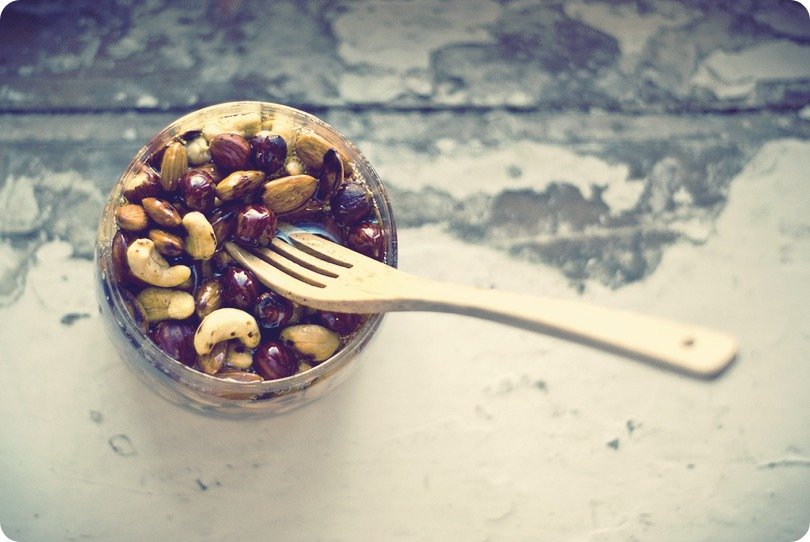Did you know that calcium can help you burn more fat?
A recent study published by The Journal of Nutrition in March, 2015, looked at calcium’s inverse relationship to fat, in other words, how calcium promotes fat loss.
What they discovered is that there are many ways that calcium affects weight loss, but three in particular that are the most basic.
3 Ways Calcium Can Jumpstart Your Weight Loss
During the study, researchers focused on figuring out the reasons why calcium helps us lose unwanted fat. And they discovered that the three most basic are that:
- Calcium helps you to excrete more fat in stools. Studies have shown that adequate calcium intake results in two extra grams of fat being sent out of our bodies each day. This occurs because calcium helps you use more energy from fat while also decreasing your fat absorption. This will result
 in unused fat being removed from your body.
in unused fat being removed from your body.
- Calcium promotes the release of insulin. Meaning, the calories you consume will be quickly delivered to your cells to produce energy instead of being stored away by your adipocytes as fat.
- Calcium (plus vitamin D and protein) will make you feel fuller, longer. Calcium plus vitamin D and protein work together synergistically to reduce hunger and increase the use of calories for energy. By using more calories for energy, there are less calories to be stored as fat.
As you can see, consuming adequate calcium promotes fat loss in three completely different ways. For more information on calcium and weight loss in video form by Lara Pizzorno, click here.
To ensure you are getting your daily dose of calcium plus vitamin D you can count on AlgaeCal Plus. AlgaeCal Plus will provide you with the amount of calcium needed to excrete more fat in stools, promote the release of insulin and make you feel fuller for longer with the addition of protein.
Sources:
Gonzalez J, Green B, Brown M. Calcium Ingestion Suppresses Appetite and Produces Acute Overcompensation of Energy Intake Independent of Protein in Healthy Adults.
Gonzalez JT, Stevenson EJ. Calcium co-ingestion augments postprandial glucose-dependent insulinotropic peptide(1-42), glucagon-like peptide-1 and insulin concentrations in humans. Eur J Nutr. 2014;53(2):375-85. doi: 10.1007/s00394-013-0532-8. Epub 2013 May 21. PMID: 23689561





Article Comments